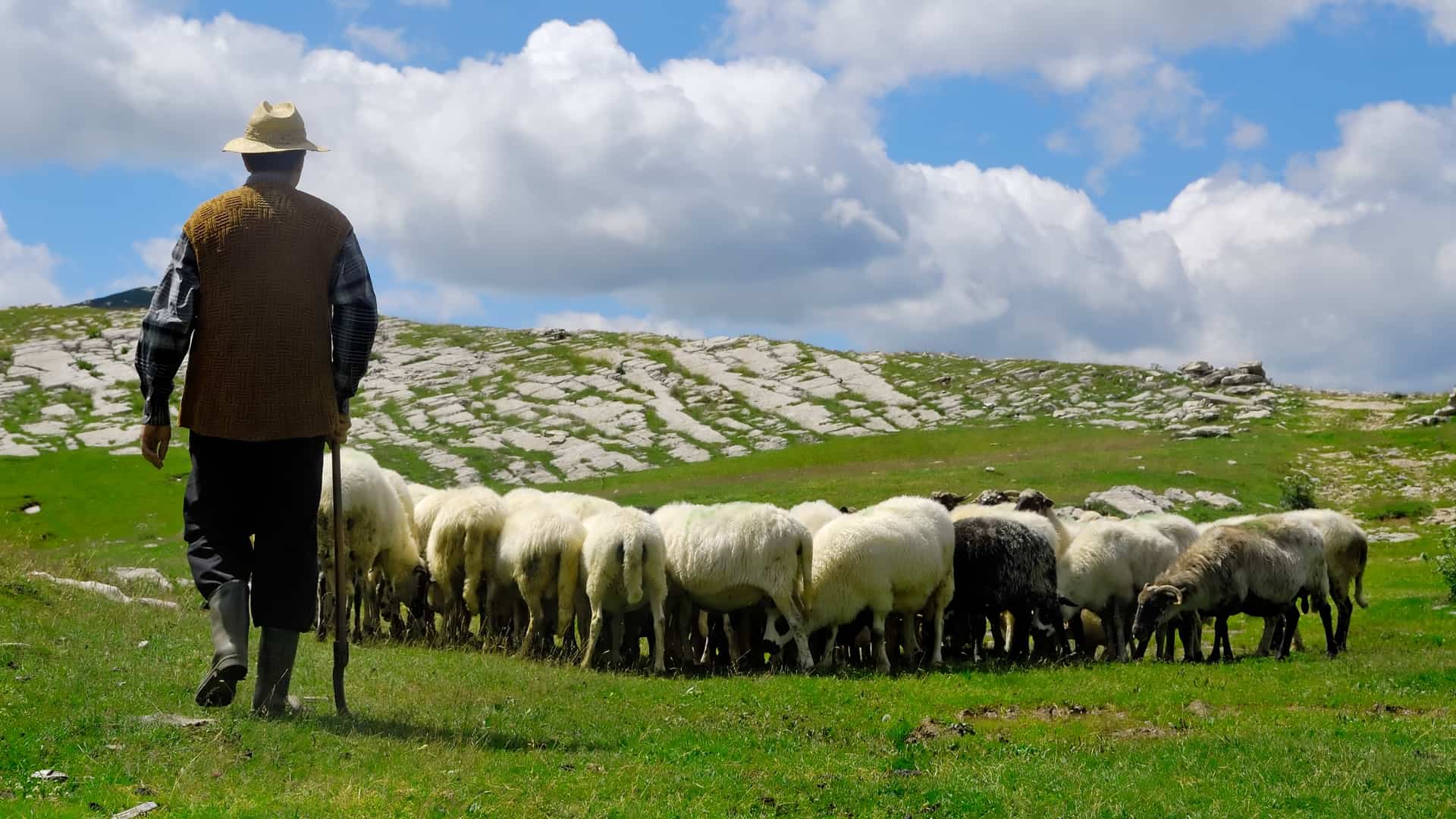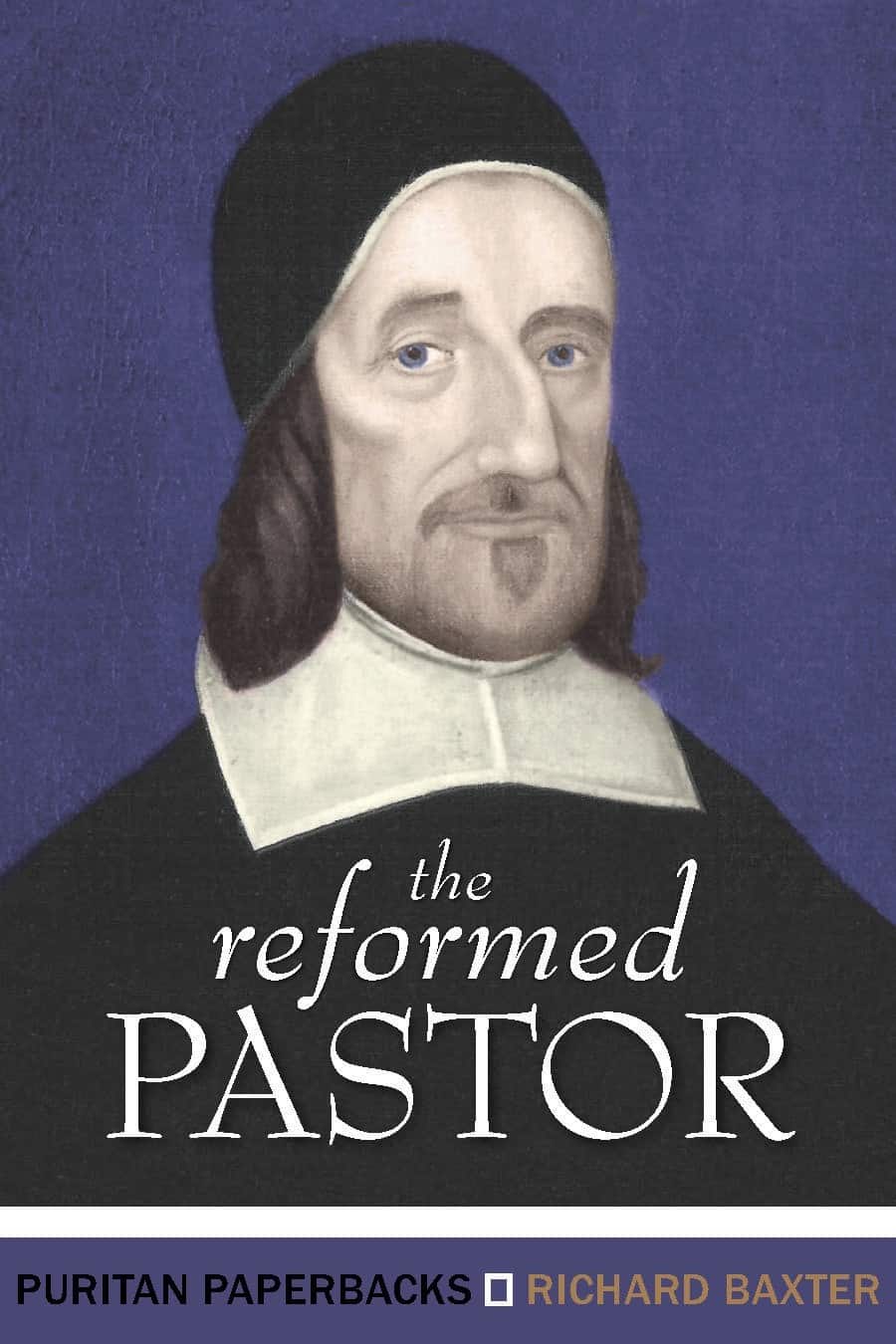The Reformed Pastor

The Reformed Pastor is not really the name of this book by Richard Baxter. The original name was a little longer: Gildas Salvianus: “The Reformed Pastor, showing the nature of the Pastoral work; especially in Private Instruction and Catechizing; with an open CONFESSION of our too open SINS: Prepared for a Day of Humiliation kept at Worcester, December 4, 1655, by the Ministers of that County, who subscribed the Agreement for Catechizing and Personal Instruction at their entrance upon that work, By their unworthy fellow Servant, Richard Baxter, Teacher of the Church at Kederminster.”
350 years later, and with a shorter name, it’s still worth reading.

Baxter bases his book on Acts 20:28: “Pay careful attention to yourselves and to all the flock, in which the Holy Spirit has made you overseers, to care for the church of God, which he obtained with his own blood.”
I’ve never read a book on pastoring like it.
Weighty Charge
Baxter provides us with a rich and developed pastoral theology.
The Ministry We Need, an abridged and rewritten version of The Reformed Pastor, summarizes the three main sections of Baxter’s work:
- The Oversight of Ourselves
- The Oversight of the Flock
- Oversight in Practice
Nobody could read this book without being overwhelmed with the weight of pastoring. We must begin by examining ourselves, seeing that the work of saving grace has taken hold of our own souls. We must study, pray, confer, and practice, so that we increase in our own abilities. We must make sure we do not live in sins that we preach against. The stakes are high: “You have a heaven to win or lose, and souls that must be happy or miserable forever.”
Baxter then asks us to turn the attention to the flock. Pastors should care for their own flock, he writes, and minister elsewhere only in his spare time or in times of special need. “We must know each one: their character, their interests, their weaknesses, their besetting sins, etc…. Then we should look after them.” Baxter cautions against pastors who think that their entire ministry is preaching. He urges us to spend at least two days a week in personal visits and catechesis, and to get help — at our own expense, if needed — to ensure that the flock gets care.
If you bristle at this, Baxter answers possible objections to his arguments, and then provides some practical tips on how to carry out such a ministry.
The Reformed Pastor Today
Some parts of this book are clearly dated. Parliament is not likely to help us provide gospel ministry to deprived areas, for instance.
Some parts of this book will seem objectionable to today’s pastors. For instance, I struggle with some of his teaching on rest. “What is our time and energy for but to be spent for God? As a candle is made for burning, so it is better to burn ourselves out shedding light on the way of salvation than in living for pleasure.” I think there’s a better way: witness books like Zeal Without Burnout.
I doubt, by the way, that this book was less objectionable in Baxter’s day.
Overall, though, Baxter reminds us that we are not primarily religious professionals in the business of running religious organizations. We are shepherds caring for a flock, and shepherds must know and care for their sheep. We must also rediscover and use catechesis.
One pastor has provided a list of questions he uses with his people as a result of reading this book:
- What contributes most to your spiritual growth?
- How would you like to grow as a believer in the coming year? Are there some spiritual goals that I can help you work toward?
- What are your biggest fears? Struggles?
- What areas of the church are you engaged in? How has the church affected your walk as a believer? What has been helpful? What has been detrimental?
- Is there anyone that you are evangelizing right now? Tell me about your involvement in Bible reading, prayer, and giving to the church. Do you want to see some growth in any of these areas?
- How is your family? What joys or concerns do you have with them?
- How can the elders pray for you?
It’s a good list.
This book scares me, because it reminds me of the responsibilities we have as pastors. But it also encourages me to do better, and provides some practical help on how to care for the people we pastor.
Pastors: read and practice this book.
More from Amazon.com | WTS Books
if(window.strchfSettings === undefined) window.strchfSettings = {}; window.strchfSettings.stats = {url: "https://gospel-for-life.storychief.io/the-reformed-pastor?id=665072721&type=2",title: "The Reformed Pastor",id: "d767e251-e777-4580-bbc2-19cabecad9ef"}; (function(d, s, id) { var js, sjs = d.getElementsByTagName(s)[0]; if (d.getElementById(id)) {window.strchf.update(); return;} js = d.createElement(s); js.id = id; js.src = "https://d37oebn0w9ir6a.cloudfront.net/scripts/v0/strchf.js"; js.async = true; sjs.parentNode.insertBefore(js, sjs); }(document, 'script', 'storychief-jssdk'))





